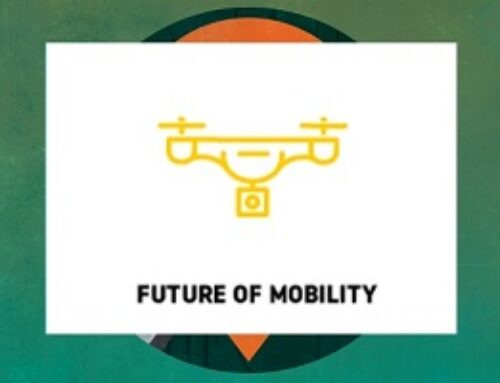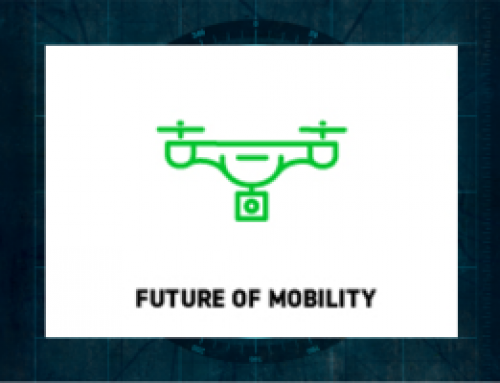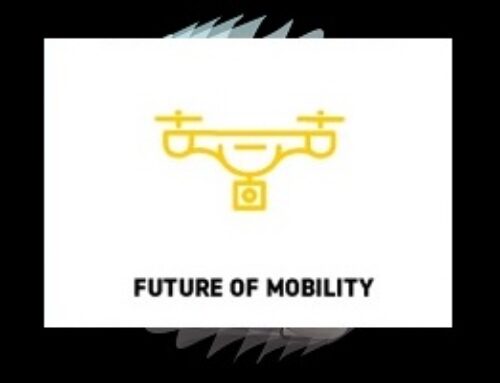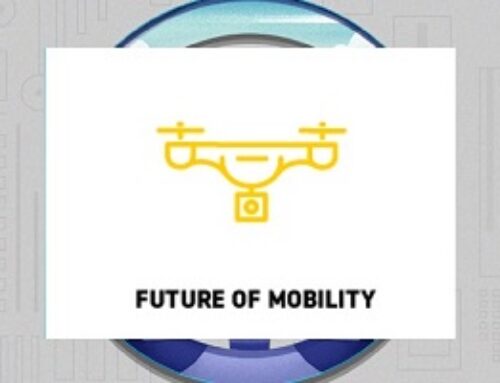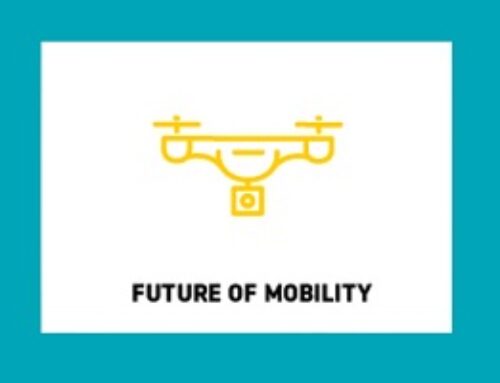Our article “the future of mobility” outlines four concurrent future states within the evolution of the mobility ecosystem, shaped by two key uncertainties. First, will consumers continue to want to own cars, or will they increasingly prefer to access vehicles on demand as carsharing and ridesharing services become more widely available? Second, will autonomous-drive technology become sufficiently robust and trusted, so that we will increasingly relinquish the driving function to the car itself?
The earlier paper suggests that all four future states are likely to exist simultaneously but arise unevenly, depending on the segment of the population and the specific mobility needs. Yet this future state of “accessible autonomy” will become increasingly prevalent over time, assuming that more and more of us will prefer access over ownership and that we will also become increasingly comfortable using autonomous-drive vehicles as they become more widely available. Initially, we will likely have a growing preference for access over ownership; this in turn will likely facilitate the transition to autonomous-vehicle technology by mobility fleet operators.
This article will assume that the “accessible autonomy” future state will predominate and will use that future state as a context for exploring likely implications for value creation and value capture.


